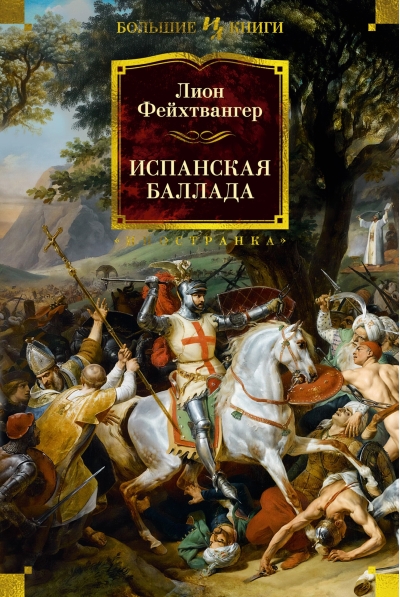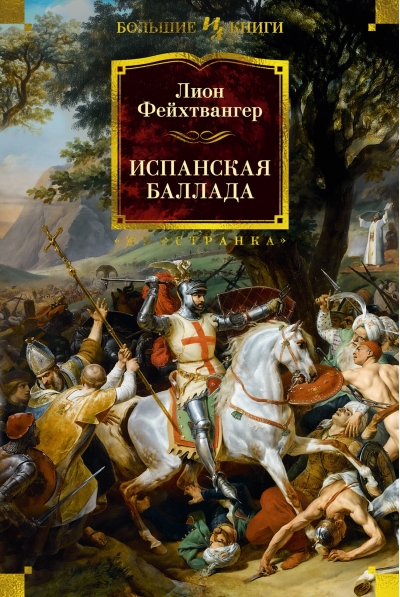Spanish ballad
19.99 €
In stock
For over a century, Lion Feuchtwanger (1884–1958) has been one of the most popular German authors in the world. And this is a case where the reasons for his long-standing readership are clear: his work is one of the pinnacles of the historical novel genre. A true master, Feuchtwanger has the rare ability to create a fascinating narrative, delving deeply and in detail into the intricacies of historical events. In his novels, even those devoted to the most distant eras and little-known episodes, the author is always careful with his readers: the reality he creates is convincing, but he weaves countless historical details into the narrative so carefully and thoughtfully that most of them turn out to be understandable and awaiting comprehension, like the events of his own era. Feuchtwanger never depicts history for its own sake: each of his novels is always a subtle and precise, thought-provoking or controversial observation of the deep processes that have governed the course of human life in the past, and that govern it at all times.
This collection includes one of Feuchtwanger's most powerful, gripping and poetic novels, The Spanish Ballad (1954), as well as an early novel, The Ugly Duchess Margaretha Maultasch (1923). The action of the first takes place in the 12th century in Castile, the action of the second in the 14th century in Tyrol, but both of them hide behind a fascinating plot a discussion of the human personality and the search for one's place in society, with its prescriptions and stereotypes - a discussion that is all the more poignant because the central role in both books is given to women, who find themselves cramped within the framework of their prescribed place in medieval society.
The novel The Spanish Ballad is published for the first time in a new translation.
This collection includes one of Feuchtwanger's most powerful, gripping and poetic novels, The Spanish Ballad (1954), as well as an early novel, The Ugly Duchess Margaretha Maultasch (1923). The action of the first takes place in the 12th century in Castile, the action of the second in the 14th century in Tyrol, but both of them hide behind a fascinating plot a discussion of the human personality and the search for one's place in society, with its prescriptions and stereotypes - a discussion that is all the more poignant because the central role in both books is given to women, who find themselves cramped within the framework of their prescribed place in medieval society.
The novel The Spanish Ballad is published for the first time in a new translation.
See also:
- All books by the publisher
- All books by the author
- All books in the series Foreign Literature. Big Books











